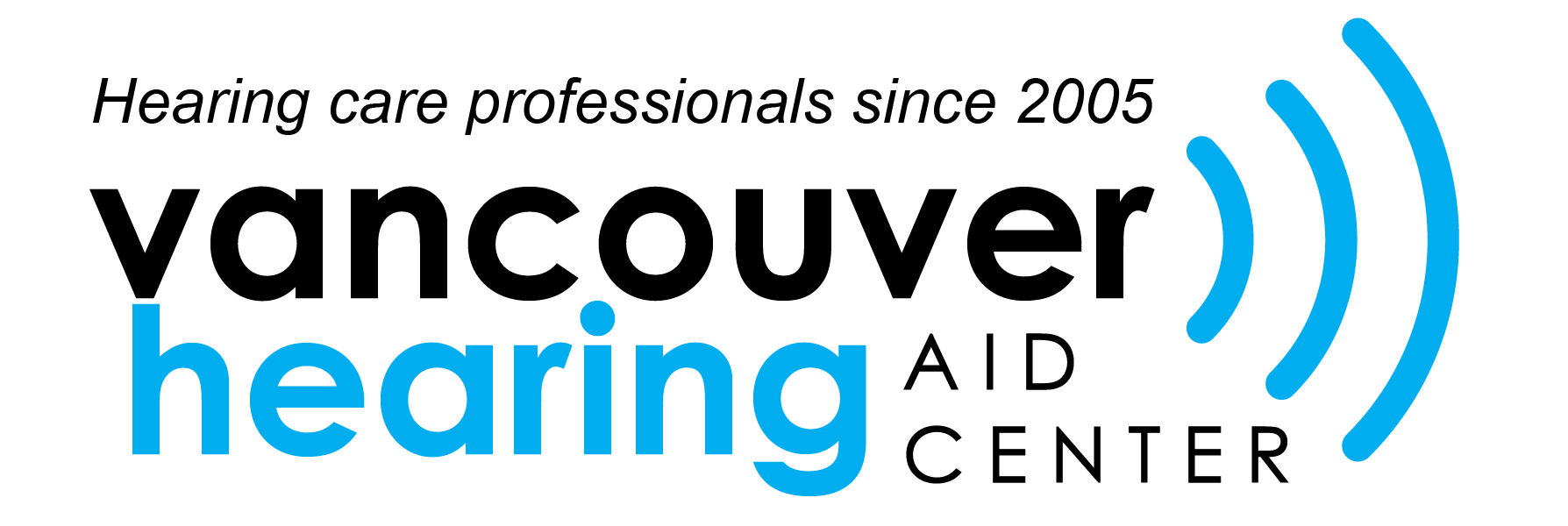Do hearing aids cause dizziness? If you’re thinking, "hearing aids make me dizzy," you’re not alone. The importance of hearing aids cannot be underestimated. It’s essential to communicate that these devices have been fundamental in enabling millions of people to hear. This is welcome progress that seems to have significantly impacted the healthcare industry. However, there have been some reports that hearing aids lead to dizziness for the following reasons.
Generally, people who experience dizziness from hearing aids have a problem with their inner ear. The most common reason for this is an imbalance in the vestibular system, which is responsible for our sense of balance. When we experience a loss of balance, it can cause us to feel dizzy or lightheaded. There are three main types of balance disorders:
- Benign Paroxysmal Positional Vertigo (BPPV)
- Meniere’s disease
- Vestibular neuritis
Each one of these can cause dizziness due to hearing aid use. If you experience any of these symptoms, you must consult your audiologist or ENT specialist to find out the best course of treatment. While there are many potential causes of dizziness, hearing aid use is not always the root cause.
If you experience dizziness from hearing aids, you must consult your doctor to rule out other potential causes. In some cases, dizziness may be a side effect of medication or a result of an underlying medical condition. Once any other potential causes have been ruled out, your doctor can help you determine if hearing aid use is the cause of your dizziness and what steps you can take to mitigate the symptoms.
Additional Vertigo Symptoms
Some additional symptoms can help identify if you’re experiencing vertigo vs. Meniere’s disease. With BPPV, you may feel disoriented or unsteady and notice that changes in your head position trigger the symptoms. For example, you may feel dizzy when you turn your head to look over your shoulder while driving. Meniere’s disease, on the other hand, is characterized by a feeling of fullness or pressure in your ear, in addition to vertigo symptoms. You may also experience hearing loss and tinnitus (ringing in the ears) with Meniere’s disease.
Treatment Options for Dizziness
There are several options available to treat dizziness caused by hearing aid use. If you have BPPV, your doctor may recommend a series of exercises known as the Epley maneuver. This series of movements helps to dislodge the debris in your inner ear, causing dizziness, and can be done at home.
For Meniere’s disease, your doctor may recommend a low-sodium diet and diuretics to help reduce the fluid in your inner ear. In some cases, they may also recommend injections of a steroid directly into the ear or surgery to remove the excess fluid. For vestibular neuritis, your doctor may prescribe a course of oral steroids to help reduce the inflammation.
Conclusion
Generally, hearing aids are safe and effective devices that can improve your quality of life. However, they may cause dizziness in some cases due to an underlying balance disorder. If you experience vertigo symptoms, you must consult your doctor to rule out other potential causes and determine the best course of treatment. Contact Vancouver Hearing Aid Center for more information.

